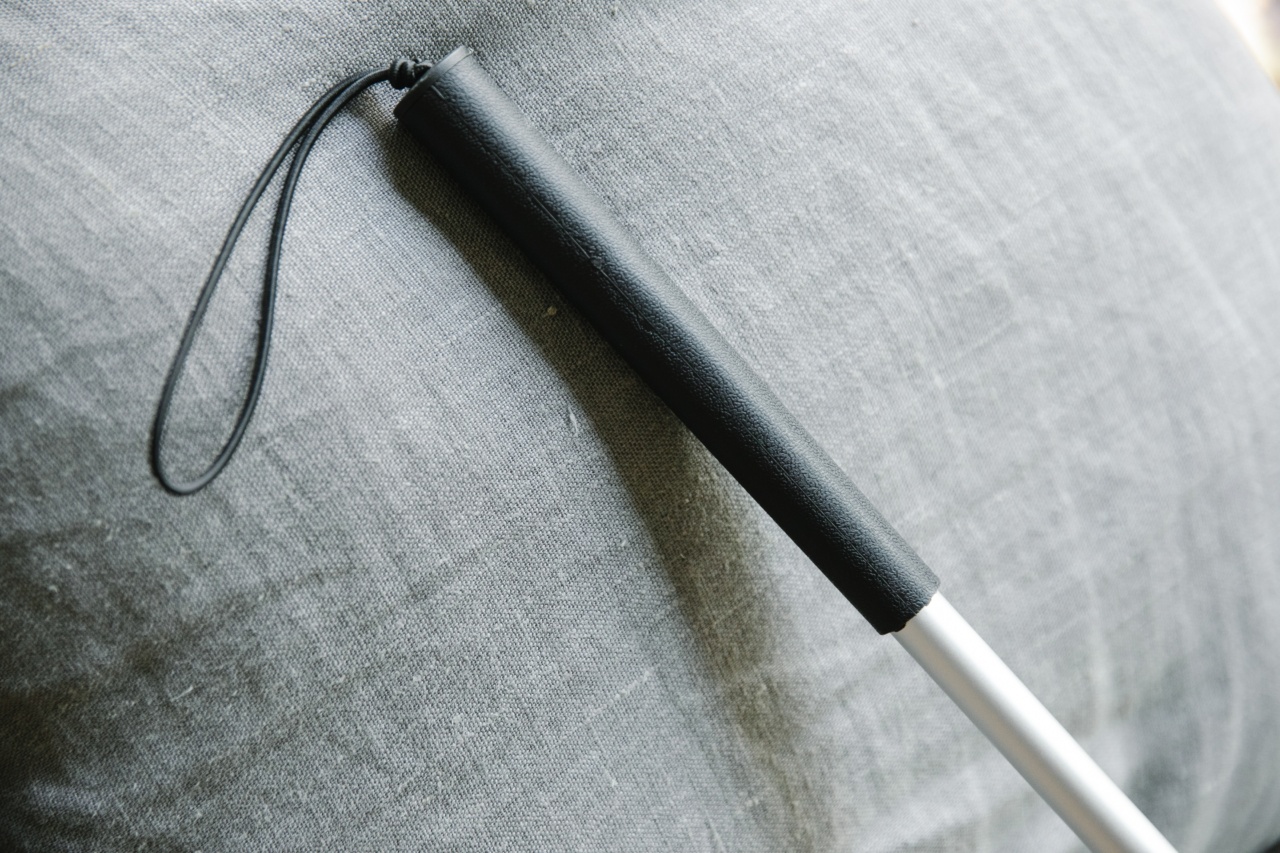Sweating is a natural bodily function that helps regulate our body temperature. However, sometimes sweat can have an unpleasant odor that can make us self-conscious and uncomfortable.
If you’re tired of dealing with smelly sweat, don’t worry – we’ve got you covered! In this ultimate guide, we will explore the causes of smelly sweat and provide you with 10 effective tips to prevent it. Say goodbye to embarrassing situations and hello to fresh, odor-free days!.
Understanding the Causes of Smelly Sweat
Before we dive into the prevention methods, let’s first understand what causes our sweat to smell less-than-pleasant. The main culprit behind smelly sweat is the bacteria that naturally live on our skin.
These bacteria break down the sweat and produce compounds that create the foul odor. Factors that can contribute to smelly sweat include:.
- Poor personal hygiene habits
- Diet high in processed foods and spices
- Stress and anxiety
- Hormonal changes
- Medical conditions like hyperhidrosis or diabetes
- Certain medications
Now, let’s dive into the 10 tips to prevent smelly sweat:
1. Practice Good Hygiene
Keeping your body clean and fresh is the first step towards preventing smelly sweat. Take a shower or bath daily, making sure to cleanse all areas where sweat accumulates, such as armpits, groin, and feet.
Use antibacterial soap or washes to reduce the number of odor-causing bacteria on your skin.
2. Use Antiperspirants or Deodorants
Antiperspirants work by reducing sweat production, while deodorants mask or neutralize the odor. Choose products that contain aluminum chloride or aluminum chlorohydrate, as they are effective in controlling sweat and odor.
Apply them to clean, dry skin before going to bed and reapply in the morning if needed.
3. Wear Breathable Fabrics
Avoid synthetic materials that trap sweat and prevent proper air circulation. Opt for natural fabrics like cotton, linen, or bamboo, as they allow your skin to breathe and reduce the risk of excessive sweating and odor.
Make sure your clothes are loose-fitting to allow air to flow freely.
4. Keep Yourself Well-Hydrated
Drinking plenty of water helps flush out toxins from your body and dilutes the sweat, reducing its odor. Aim to drink at least 8 glasses of water per day, and increase your intake if you exercise or live in hot climates.
Additionally, avoid excessive consumption of caffeine and alcohol, as they can contribute to dehydration and smelly sweat.
5. Watch Your Diet
Many foods can affect your body odor. Cut back on processed foods, as they contain additives that can be excreted through sweat and contribute to unpleasant smells.
Spicy foods and foods high in sulfur, such as onions and garlic, are also known to cause smelly sweat. Opt for a well-balanced diet rich in fruits, vegetables, and whole grains to minimize body odor.
6. Manage Stress Levels
Stress and anxiety can trigger excessive sweating and worsen body odor. Find effective ways to manage stress, such as practicing yoga, meditation, deep breathing exercises, or engaging in hobbies you enjoy.
Get enough sleep, as lack of sleep can also increase stress levels and contribute to smelly sweat.
7. Choose the Right Footwear
Feet can be a major source of odor due to sweat and bacteria buildup. Wear shoes made of breathable materials like leather or canvas that allow your feet to breathe.
Avoid wearing the same pair of shoes every day and make sure to rotate them to allow them time to air out. Use foot powders or sprays that help absorb moisture and keep your feet dry.
8. Practice Good Armpit Care
The armpits are another area where sweat and bacteria can accumulate, leading to unpleasant odor. Shave your armpits regularly to reduce the surface area for bacteria growth.
Apply a mild antiseptic or antibacterial cream to kill bacteria and control odor. Consider using natural remedies like vinegar or lemon juice, which can help neutralize the odor-causing bacteria.
9. Avoid Tight and Synthetic Undergarments
Tight bras, underwear, and socks made of synthetic materials can trap sweat and promote bacterial growth, leading to smelly sweat. Opt for loose-fitting undergarments made of natural fabrics like cotton.
Change your underwear and socks daily, especially if you engage in physical activities or sweat excessively.
10. Consult a Healthcare Professional
If you have tried the above tips and still struggle with persistent smelly sweat, it’s important to consult a healthcare professional.
They can assess your situation, identify any underlying medical conditions or medications that may be contributing to the odor, and provide appropriate treatment options.
Follow these 10 tips consistently, and you’ll be well on your way to preventing smelly sweat. Remember, each person’s body chemistry is unique, so you may need to experiment with different approaches to find what works best for you.
Embrace a fresh and confident lifestyle while bidding farewell to smelly sweat woes!.






























